
A conversation with Sarah Matt, MD, author of “The Borderless Healthcare Revolution.”

With surging demand and better safety, nuclear power is gaining in popularity

A conversation with Sarah Matt, MD, author of "The Borderless Healthcare Revolution."

A conversation with Sarah Matt, MD, author of “The Borderless Healthcare Revolution.”

A conversation with the leader of the American Association of Colleges of Osteopathic Medicine.

The top news stories in medicine this week.

Private equity is still looking at medical practices, but they are looking for different things than before

Hospitals, health systems face tough market conditions, including indirect cuts through Medicaid reduction in One Big Beautiful Bill Act.
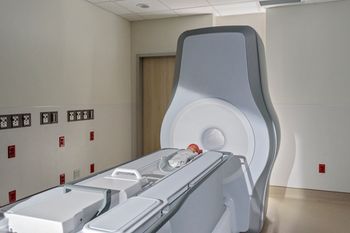
Compact 3T scanner from Eyas Medical Imaging designed for installation inside neonatal intensive care units aims to reduce infant transport risks while delivering high-resolution diagnostic imaging.

Rihan Javid, D.O., J.D., breaks down which practice roles turn into crisis points when they’re vacant.

Physicians increasingly avoid ownership due to debt, burnout and admin burdens, forcing small practices to boost transferability and processes to protect valuations.

Is your practice vulnerable to payment processing fraud and chargebacks?

Anders Gilberg, senior vice president of government affairs at MGMA, joins the show to explain how shifting federal policy decisions are affecting physician practices and what medical groups should be watching in 2026.
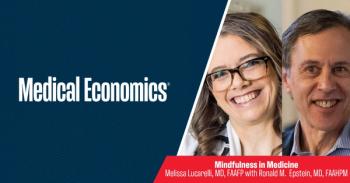
A conversation with a physician-author and nationally known expert on how doctors become master clinicians.

A conversation with Sarah Matt, MD, author of “The Borderless Healthcare Revolution.”

A conversation with the leader of the American Association of Colleges of Osteopathic Medicine.

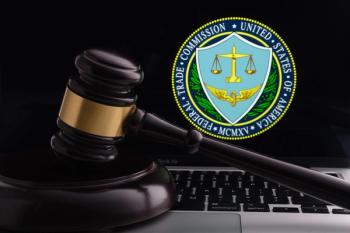
Express Scripts says it has the same goal as the Federal Trade Commission: ‘Lowering drug costs for Americans.’

President Trump signed federal spending plan with new rules for PBMs; a leading PBM trade group says Big Pharma is to blame for high drug prices.

Rihan Javid, D.O., J.D., explains why small practices are still losing staff even when they pay more than minimum wage.

CENTEGIX's health care safety trends report tracks when and where duress alerts spike — and why leaders who ignore workplace violence can’t afford to.
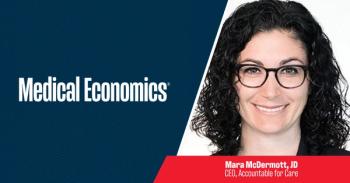
An advocate discusses how ACOs raised red flags about Medicare spending for skin substitute treatments for patient wounds.

Congress approves a Medicare telehealth extension, community health center spending and more, ending the partial shutdown.

Is your practice vulnerable to payment processing fraud and chargebacks?
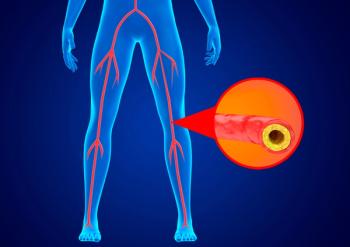
Device aims to improve circulation for patients with peripheral arterial disease at home

February 4, 2026, is World Cancer Day. In this slideshow, physicians can learn tips to guide patients through a cancer diagnosis.

A conversation with a physician-author and nationally known expert on how doctors become master clinicians.

A conversation with the leader of the American Association of Colleges of Osteopathic Medicine.

A conversation with Sarah Matt, MD, author of “The Borderless Healthcare Revolution.”
